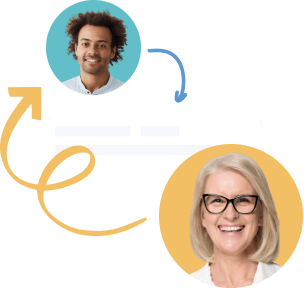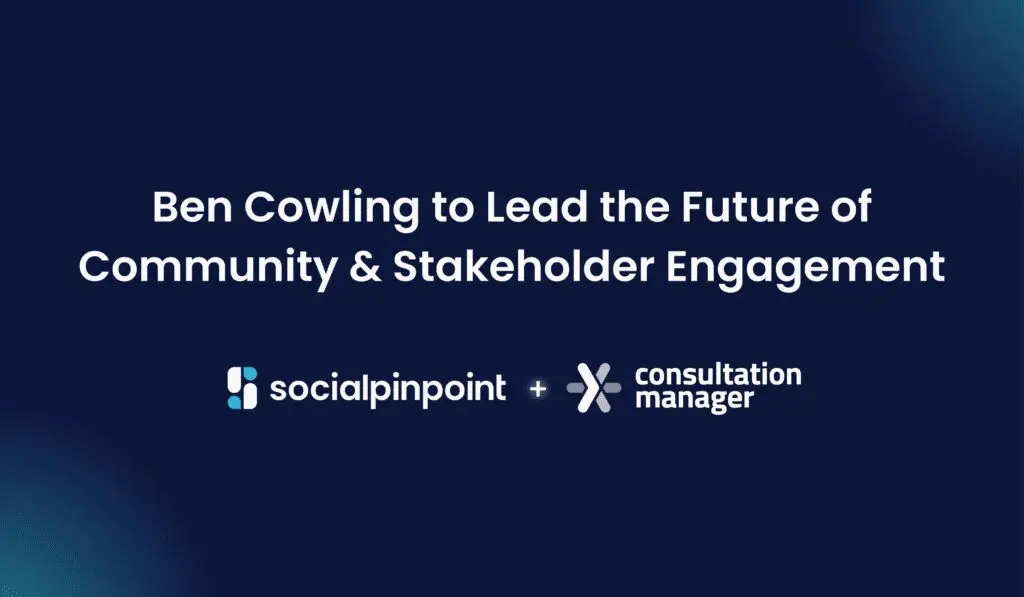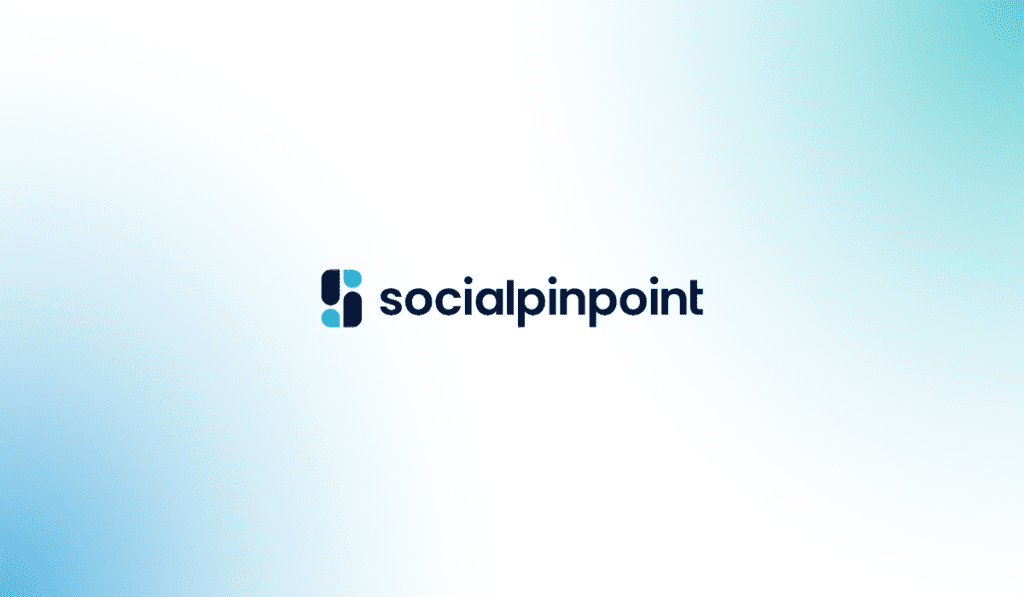There is no shortage of collective intelligence in our communities. However, knowing how to tap into it in a meaningful way is another story. When we know the right questions to ask, we put citizens in the driver’s seat throughout the change process and can have transformative impacts.
When we’re trying to tap into the collective intelligence of our communities, it’s important that we know the right questions to ask. Citizens are experts in their own communities and hold a wealth of local history. They have valuable perspectives on how their neighbors feel about certain issues and where points of tension are located. They also know what interventions have been tried before, what worked, what didn’t, and why.
While there is no prescriptive list of “the right questions to ask”, treating community members as active players in their own future, rather than the subjects of our research sets us out on the right path.
In order to achieve your desired impact, we will dive into four steps to follow before you start asking your community for feedback:
- Clarify your intentions.
- Research your community.
- Conduct a pilot test and reflect.
- Ask the ‘right’ questions.

1. Clarify your intentions.
Before we know how to embark on an exploratory conversation with our community, we have to ask the right questions of ourselves.
- What is your organization’s mission and how might engaging the community help you achieve it?
- What does your organization mean by community engagement and what does it hope to achieve?
- Does your organization view community engagement as a task that is conducted on top of the existing workload? Or, does it have a “community engagement mindset”?
- What are the boundaries of the engagement and what will be your non-negotiables throughout the process?
- What level of involvement are you seeking from the community and how much control is your organization really willing to share?
If these questions haven’t been answered internally, then the community engagement process will be viewed as transactional, rather than having a transformative impact.
The community won’t understand the deeper purpose of the engagement and may feel disenfranchised when their input isn’t utilized in the way that they imagined.
2. Research your community.
It’s also important that you build a deeper understanding of your community and its history before starting the engagement process. This research phase is focused on getting a clear overview of your previous experience and success.
- Study the published literature on the community and review past surveys that have been conducted.
- Spend time with the people and groups that make up your community.
- Attend informal community events across multiple locations that are unrelated to your own research project to broaden your perspective and build trusting relationships.
- Start engaging broadly with the community in structured settings, like focus groups and interviews.
- Get to know the language and accessibility needs of the community.
It’s also important to reflect on your own organization and the effectiveness of any other engagement projects that have been facilitated in the community in the past.

Are there power dynamics that need to be mitigated or acknowledged? Are you a member of the community that you seek to serve and do you need to recognize any limitations that you may have as an outsider?
From here, you are in a much more informed position to make decisions about how you should be approaching each engagement project. And, you can easily pinpoint gaps in your knowledge and understand that may have to be filled to ensure your strategy is aligned with the needs of your community.
3. Conduct a pilot test and reflect.
Consider how you can engage the community as partners in the design, testing, and revision of your engagement plan.
The community and your project team could have a different perspective as to how questions should be shaped.
That’s why it can be beneficial to work with a small, but representative focus group that can highlight any changes to wording, while ensuring that your organization is aware of the community’s language, culture, and history.
This can be anyone from key community representatives that you trust or internal staff from other teams that could give you an added perspective.
Some clients even choose to conduct private engagement projects with specific stakeholders in this design phase.
Overall, the focus group may iron out small issues or find larger problems with the design of your engagement strategy, so it’s important that your organization enters the pilot phase with an open mind and willingness to adapt.

4. Ask the ‘right’ questions.
Questions can have a big impact on the way that people engage with you, the information that you are able to gather, the actions you decide to take, and the impact you create.
Before launching into a community engagement action plan, it’s important to ask your own organization the right questions and kick off the conversation on the right note. This will help you pave the way for a more successful and relevant conversation with your community.
But, what questions should I actually be asking my community?
If you’re still with us then you now understand the questions you should and shouldn’t be asking, the questions that have been answered before, and the questions you may need to tweak a bit.
At the end of the day, asking the ‘right’ questions depends entirely on the needs of your community, their lived experience, and how you can better tap into their collective intelligence.
Sometimes, a simple “How do you feel about [insert project]?” is the best starting point.












